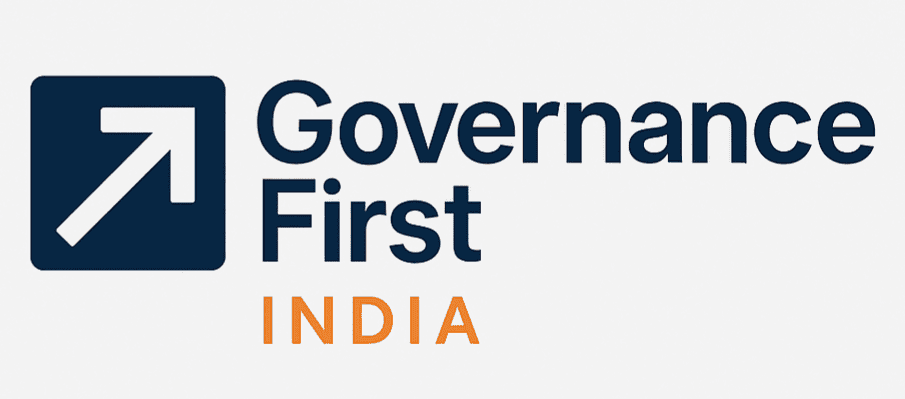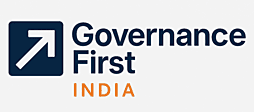Hi Performance Oil in the Engine of Change
These are some of the projects that we have contributed to over the years.
Telangana Police 2.0 [2018]
Rather than top-down reform, it integrated grassroots field insights (via Field Surveys and Focus Group Discussions with Officers and Men) and crime data diagnostics (CCTNS) to identify both systemic and day-to-day inefficiencies.
Recommendations Included:
Introduce touchscreen kiosks and self-reporting tools (live chat, video mailbox, fingerprint login).
Shift to a centralized tech support system with domain-trained staff.
Establish a District Convergence Cell for civic issue coordination.
Set up a Commissionerate-level PMU to track reform implementation.
Address team cohesion gaps arising out of generational issues.
Define clear unit placement strategy: centralized vs decentralized.
- Functional Verticals Implementation
- Manpower Deployment Optimization - Head Constables (HC Empower)
- Daily Deployment Guideline Formulation & Tracking (DGFT)
- Centralized case & logistics tracking (Court Prosecutor Task Force - CPTF)
- Centralized Service Provider Payment System (CPS)
- Centralized Project Monitoring & Support Team (CPMT)
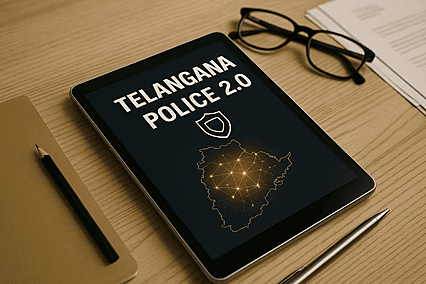
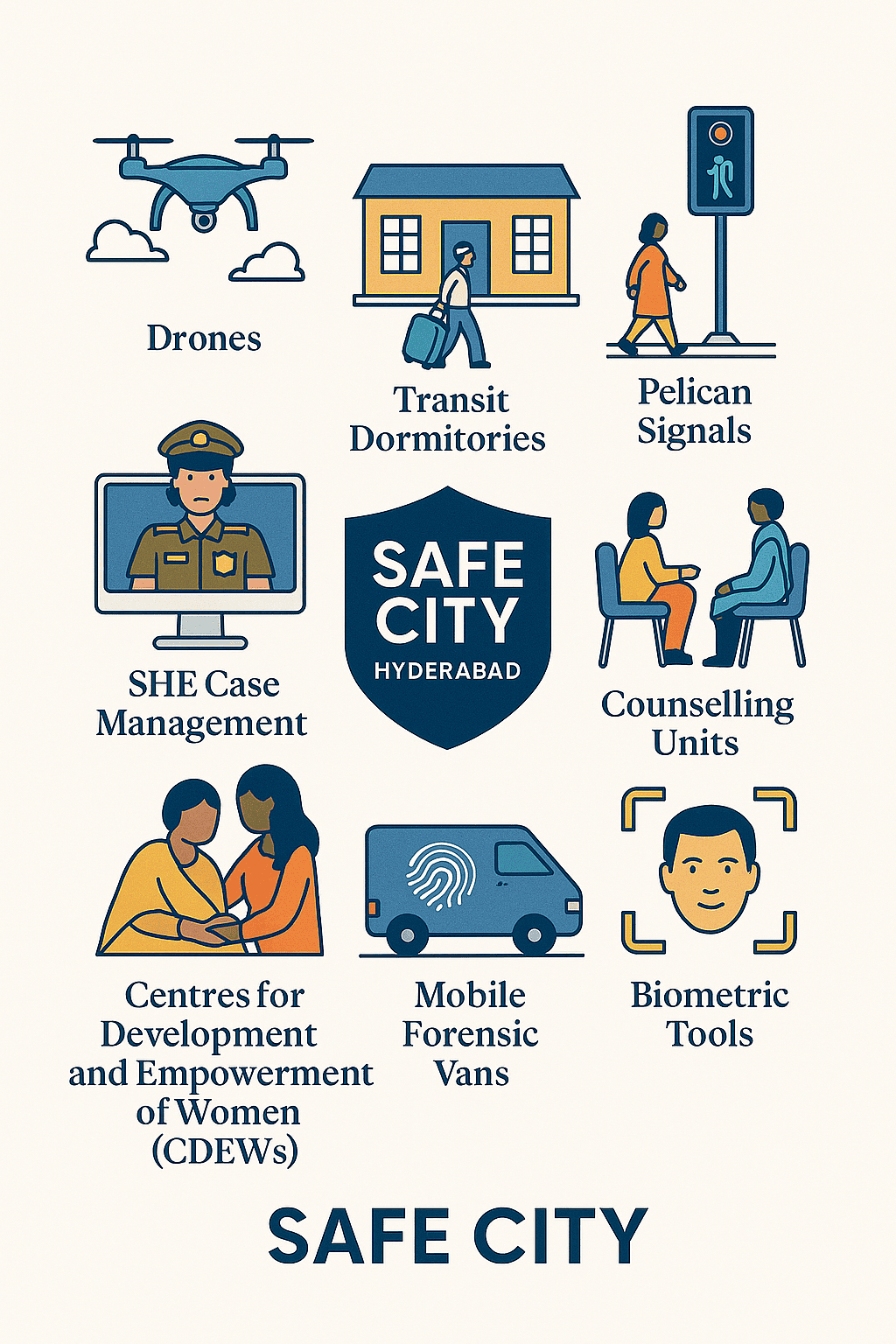
The Safe City Projects-Hyderabad [2019]
The Safe City Project in Hyderabad, a component of the broader Safe City Initiative, aims to enhance the safety and security of women in public places by implementing various measures. This MHA project, funded by the Nirbhaya Fund, focuses on improving infrastructure, technology, and community awareness to deter crime against women.
The project was put together by a team comprising of Ms. Swati Lakra, IPS [during her stint as I.G.P (L&O), Rajesh Kumar [Consultant], Mr. Janardhan Reddy, IAS [Then GHMC Commissioner] under the supervision of Dr. Jitendar, IPS (then the ADG L&O) and the guidance and direction of Shri. M. Mahendar Reddy, IPS (as HoPF).
The ~₹300 crore project had the following components:
Core Components:
SHE Teams & Surveillance:
Dedicated SHE Bike Units for visible policing
Camera Network , drones, surveillance vans
Pelican signals at high-footfall mid-blocks
Support Infrastructure:
70 fixed toilets and 200+ Loo Cafés
Transit dormitories at key nodes (e.g., Nampally, Secunderabad)
SHE Case Management software and tech backend
Social & Institutional Support:
30 DV Counselling Centres for Development and Empowerment of Women (CDEWs)
Repeat Offender Monitoring (ROM) Cells for monitoring repeat offenders
Counselling units and outreach frameworks
Technology & HR Deployment:
Use of mobile forensic vans, biometric tools
Deployment of 249 staff on outsourcing across GHMC and Police functions
Cloud systems for feedback, monitoring, and evaluation
Project Footprint:
Covers 645 sq. km. of Hyderabad’s urban limits and targets all women, including commuters, residents, and short-term city users. Emphasis is placed on building safer environments “by design,” through both proactive policing and everyday public services.
Setting up of CDEW Centres
Client: Women Safety Wing, Telangana Police
Theme: Domestic Violence Counselling | Public-Facing Institutional Services
Status: Operational (30 Centres across Hyderabad, Cyberabad, Rachakonda Commissionerates)
Summary:
The Centre for Development and Empowerment of Women (CDEW) initiative was launched under the Safe City Project to provide structured, accessible, and professionally managed counselling services for women and families facing domestic violence and marital discord. It was initially rolled out during the stint of Ms. Swati Lakra, IPS and expanded and further strengthened under the tenure of Ms. Shikha Goel, IPS. This intervention emphasized not only infrastructure and digital systems, but also institutional capacity, HR structuring, SOP design, and service quality protocols. This was among the first major projects of this category that incorporated a Project Management model of operations, with a dedicated PMU to manage the operations.
Key Institutional Features:
Centre-Based Counselling Units (30 FCCs):
Each centre is staffed by full-time counsellors, receptionists, and support personnel, operating from dedicated CDEW facilities co-located with police infrastructure but independently run.Administrative Framework:
The Women Safety Wing oversees all operational aspects through a Programme Management Unit (PMU). The PMU is responsible for recruitment, training, performance review, and policy compliance across all centresRecruitment & HR Structuring:
- Contractual hiring across 7 functional roles including Counsellors, MIS Executives, Receptionists, HR Coordinator, Programme Manager, and AM-Accounts
Capacity Building Approach:
- A multi-stage hiring and onboarding process was established using technical assessments, case-based interviews, and field exposure evaluations.
- All shortlisted staff receive a formal HR manual, SOPs, and periodic reviews led by the PMU.
Performance and MIS Oversight:
- A 2-member central MIS team tracks counselling progress, appointment load, feedback scores, and satisfaction levels from each centre weekly.
- This is further strengthened by a 3 member call centre team that directly connects with clients and gather their feedback.
- Dashboards are used to guide resource deployment and policy decisions
Our consultant, Mr. Rajesh Kumar designed, grounded, launched and managed the operations for an initial period of about 6 months before bringing in a dedicated Programme Manager. The initial tasks involved PMU’s operational blueprint:
- Drafting the HR documentation, SOPs, and job descriptions across positions
- Supporting the recruitment strategy and assessment tools
- Structuring reporting systems between the field and the PMU
- Leading convergence discussions between Women Safety Wing, Bharosa, and Commissionerates


HR Manual Preparation- CDEW
Client : Women Safety Wing, Telangana Police
Theme: Recruitment Policy | HR Operations | Service Delivery Standardization
Summary:
The HR Manual for the CDEW Project was conceptualized and authored to provide a comprehensive, policy-compliant framework for managing over 250+ contractual staff deployed across 30 Family Counselling Centres (FCCs) and the central PMU. It defines processes, rights, responsibilities, and service protocols across the employee lifecycle.
Key Inclusions in the HR Manual:
✅ 1. Recruitment Workflow
- Online-only application system
- Role-specific technical assessments and personal interviews
- Interview scoring parameters and panel composition rules
- Cooling-off period for reapplication
✅ 2. Probation & Confirmation
- 6-month probation period for all new hires
- Structured confirmation process based on KRA-linked performance reviews
- Extension norms and improvement plans where applicable
✅ 3. Training & Induction
- Role-wise induction training (PM, Counsellor, Receptionist, MIS, HR)
- On-the-job training visits to Bharosa Centres and working FCCs
- Periodic refresher and functional training formats
✅ 4. Leave & Attendance Rules
- Detailed rules on CL, SL, Optional Holidays, Maternity Leave, LWP
- Biometric/FRT-based login and logout system
- Late arrival and OD norms with defined penalties
✅ 5. Performance & Conduct
- KRA-based appraisal, retention tracking, and misconduct penalties
- Provisions for written warnings, suspension, and termination
- Internal Complaints Committee (ICC) and POSH adherence
✅ 6. HR Operations & Registers
- Policy on personnel files, master registers, leave/disciplinary logs
- Monthly payroll cycle and wage act adherence
- Defined travel allowances and reimbursement processes
Our Consultant, Mr. Rajesh Kumar led the drafting and structuring of the full HR Manual, anchored it to real operational scenarios from pilot centres, and ensured alignment with Safe City budget provisions and state HR norms. The manual now governs all aspects of staffing for one of India’s most structured public counselling projects. Similar HR Manuals have been drafted for public organizations such as the MSRLM, KSRLM etc.
Internship Policy Formulation and Implementation [2022-23]
Departments: TG Women Safety Wing (WSW) & Telangana State Forensic Science Laboratory (TGFSL)
Theme: Youth Engagement | Institutional Exposure | Capacity Building
For Women Safety Wing
The WSW internship program invites students and young professionals to contribute meaningfully to safety, counselling, legal aid, and outreach efforts across Telangana’s tri-commissionerate areas.
- Application Mode: Online only
- Eligibility: Graduate/Postgraduate students in Social Work, Law, Psychology, or related fields
- Engagement Areas: Bharosa Centres, CDEWs, FCCs, Sahas program support
- Supervision & Certification: Interns are guided by designated HODs; completion certificates are issued based on hours contributed
- Policy Reference: Incorporated in the Women Safety Wing’s updated HR Manual
For TGFSL
Revamped to support applied learning in forensics, this program welcomes science, engineering, and administrative students to work directly with divisional heads and PMU teams at Telangana’s forensic labs.
- Structure: Cohort-based internships with fixed intake windows
- Roles Available: Chemistry, Toxicology, Biology, Ballistics, HR/Admin, Stores, Training Support
- Application Process: Always-open online form with batch-wise deadlines
- Governance: Applications routed through TGFSL HQ; Helpdesk and review formats institutionalized
- Improvements: Feedback-linked certification, enhanced intern diversification beyond lab divisions

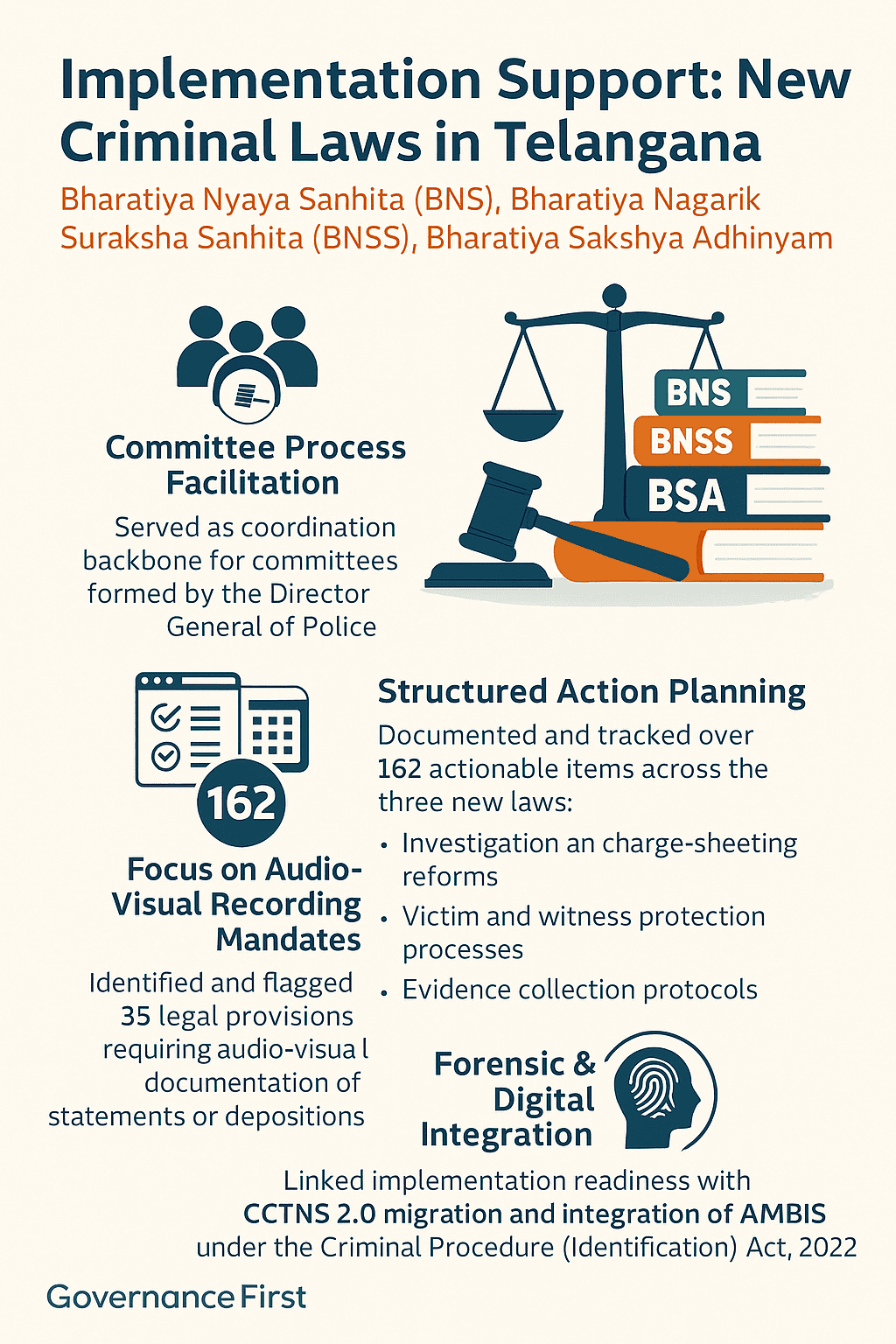
Roll Out Support: New Criminal Laws in Telangana
Bharatiya Nyaya Sanhita (BNS), Bharatiya Nagarik Suraksha Sanhita (BNSS), Bharatiya Sakshya Adhiniyam (BSA)
With the enactment of India’s landmark criminal law reforms, under the directions of the MHA, states across the country created working groups to aid in roll out from the 1st of July 2024. In TG, the roll out secretariat was created in C.I.D. under the convenorship of .Ms. Shikha Goel, IPS. Our consultant, Mr. Rajesh Kumar was part of the Joint Working Group Secretariat under the Crime Investigation Department (CID), coordinating with senior police leadership, forensic experts, and training institutions.
🔍 Highlights of Our Contribution:
🗂️ Committee Process Facilitation
Served as coordination backbone for the committees formed by the Director General of Police, ensuring alignment across CID, Law Department, TSFSL, Prosecution, and Police Training Academies.📋 Structured Action Planning
Documented and tracked over 162 actionable items across all three new laws, covering:Investigation and charge-sheeting reforms
Victim and witness protection processes
Evidence collection protocols
Budget and HR restructuring for compliance
🎥 Focus on Audio-Visual Recording Mandates
Identified and flagged 35 legal provisions requiring audio-visual documentation of statements or depositions. Supported readiness planning for courtroom tech and victim-facing infrastructure.🔬 Forensic & Digital Integration
Linked implementation readiness with allied initiatives:CCTNS 2.0 migration
Integration of AMBIS (Automated Multimodal Biometric Identification System) under the Criminal Procedure (Identification) Act, 2022
